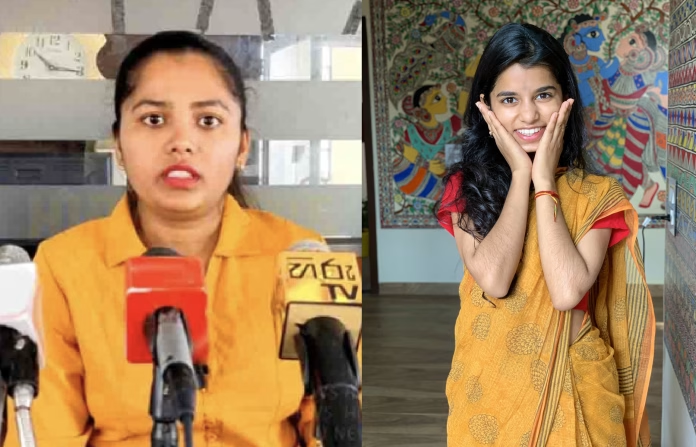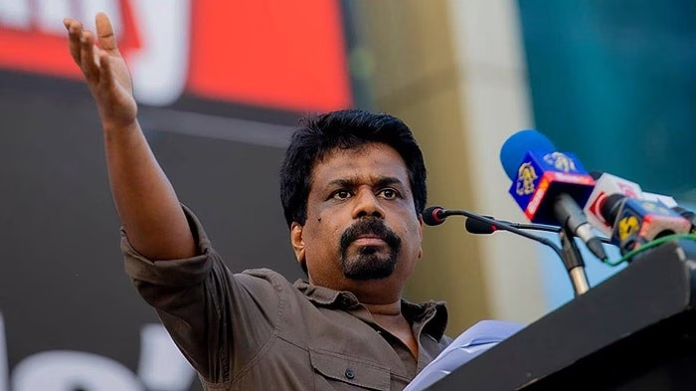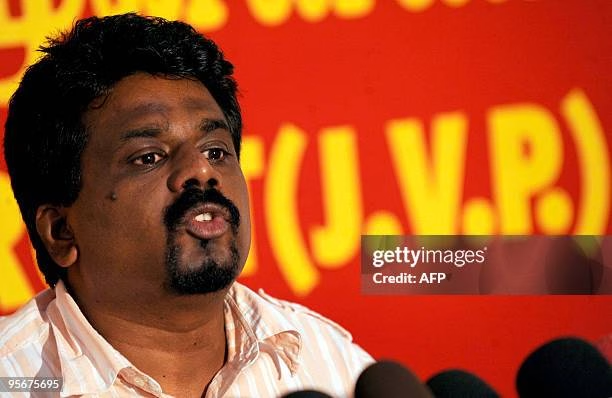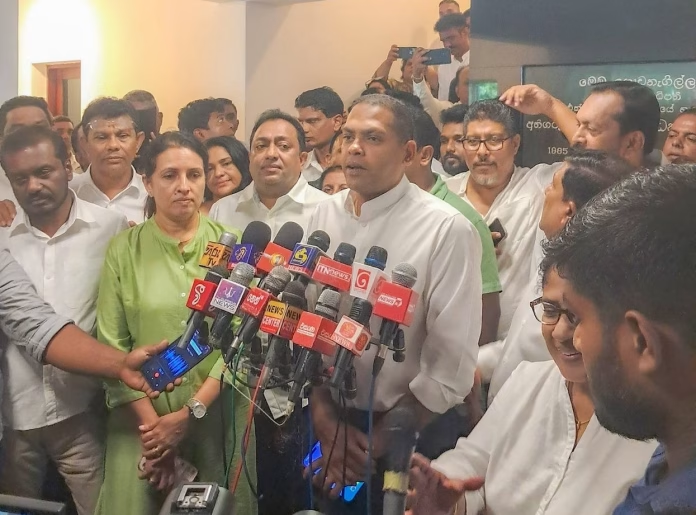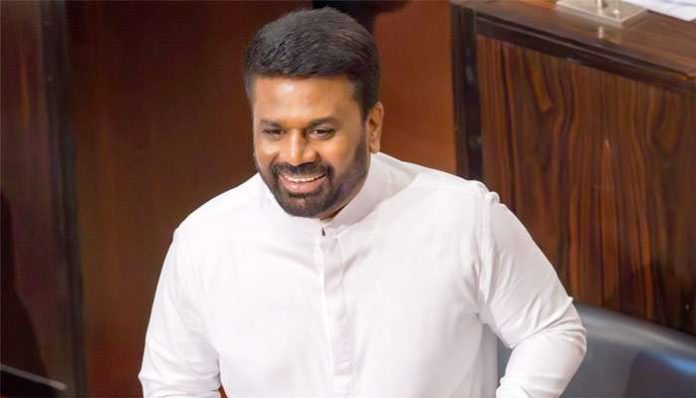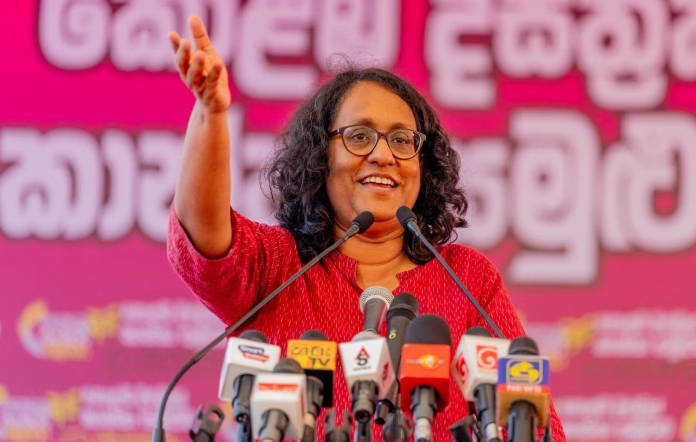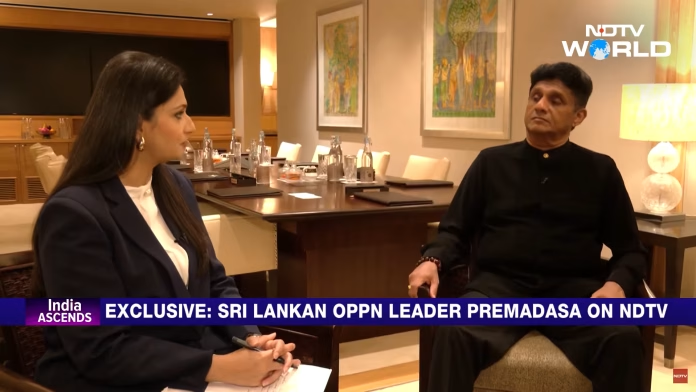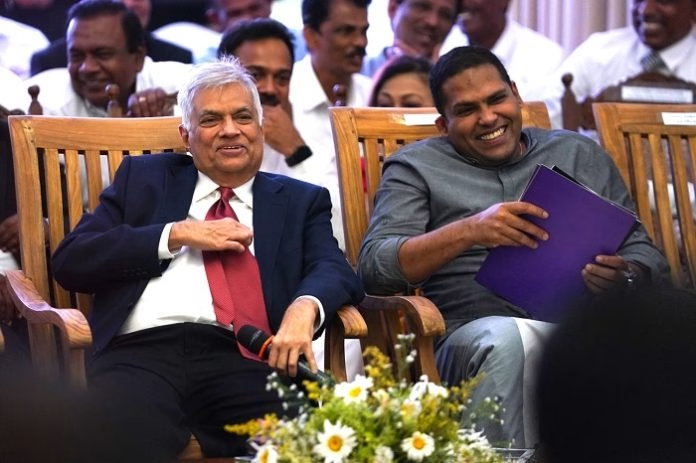A recent incident involving a local council controlled by the National People’s Power (NPP) party reveals that Sri Lanka is regressing in safeguarding the political rights and dignity of women in local governance. This event raises serious questions about the treatment of female representatives in local councils, especially at a time when new political avenues are opening for women in India.
Mythili’s Triumph vs. Nikini’s Threatened Resignation Report from Bihar, India:
Mythili Thakur (25), a well-known folk singer and the Bharatiya Janata Party (BJP) candidate for the Alinagar Provincial Council seat, secured an easy victory. Mythili has stated that entering politics was the best decision she has ever made. The growing political activity of women in India is further evident as, for the first time in Bihar’s history, more women than men cast their votes in the recent election.
Report from Arachchikattuwa, Sri Lanka:
In contrast, an SJB Councillor in the NPP-controlled Arachchikattuwa Pradeshiya Sabha (Local Council) has decided to resign following threats from the Council Chairman.
Ms. Nikini Ayodhya, the elected SJB Councillor, stated that when she went to collect her identity card, Chairman Jayarathna Jayasekara threatened her, saying, “You are a ‘donkey’s den.’ I don’t want to see your unlucky face, and I won’t give you anything for three years.”
When asked for a response, the Chairman initially claimed he did not recall saying the word “donkey” (booruwa in Sinhala). However, he further commented vulgarly, saying, “It is a donkey’s den anyway, so I don’t need to call it a donkey.”
This incident vividly exposes the hidden violence in NPP politics against female representatives, highlighting a concerning rollback of progress made in women’s political empowerment in Sri Lanka.

